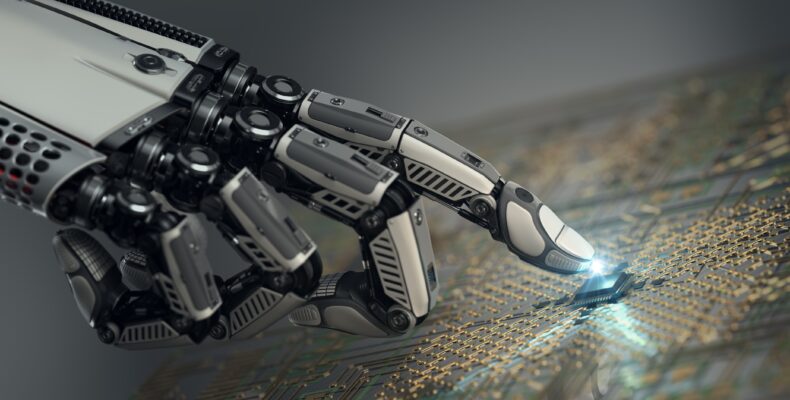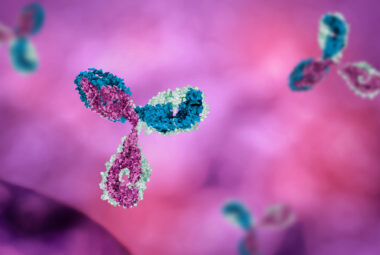
High Court approves AI invention as patentable
The High Court has recently issued a significant decision which could make it easier to patent AI inventions at the UK Patent Office (UKIPO). In Emotional Perception AI Ltd v Comptroller-General of Patents, Designs and Trade Marks [2023] EWHC 2948 (Ch), an appeal to the High Court found that the UKIPO was wrong to find that a neural network was excluded from patentability. This decision potentially paves the way to make it easier to patent AI inventions at the UKIPO.
Under UK law, various exclusions to patentabilty are stipulated, one of which is a program for a computer. As a result of various decided cases, this exclusion has been taken to mean something which is not technical in nature, i.e. which does not have a real-world technical advance over-and-above the processing of data. For a computer-implemented invention to be patentable, it must usually be related to an external process or apparatus, or that when run makes the computer a better functioning computer (for example in terms of efficiency). This decision looks at the extent to which AI, being computer-implemented, is patentable.
The invention at issue relates to a system for providing media recommendations to users. The claimed invention offers to users suggestions of similar music in terms of human perception and emotion, and arrives at such suggestions by passing music through a trained artificial neural network (ANN). In the invention, a pair of music files is taken, each of which is accompanied by a natural language description of the type of music in terms of how that music is perceived by a human (e.g. as happy, or sad, or relaxing). The natural language descriptions are analysed by the ANN using natural language processing software to determine semantic similarity. The corresponding two tracks are analysed for what are described as physical characteristics – e.g. tone, timbre, speed, loudness etc. The ANN is trained to match the results of the physical analysis to the semantic analysis, and thus learns how to discern semantic (dis)similarity from physical characteristics. The ANN can consequently take any given track of music proposed by a user, analyse its physical properties, identify semantically similar tracks from a database, and send a message and a recommendations file to the user.
The UKIPO had originally characterised the invention as a data analysis and information retrieval task which involves the processing of data within the computer or the computer network. The beneficial outcome of providing a song recommendation that a user is likely to enjoy, it said, is of a subjective and cognitive nature and not a technical effect over and above the running of a program on a computer, and so was excluded from patentability. But the High Court held that the operational trained ANN when determining recommendations was not a computer program. The specifics of the invention as claimed include the use of pairs of files for training, and setting the training objective and parameters accordingly. This use of pairs of files for training the ANN did not amount to a computer program. The judge also held that the moving of data outside the computer system in the form of a file that is transferred constituted a technical contribution.
This decision from the High Court is extremely positive news for those seeking to patent AI inventions in the UK and should make achieving grant at the UKIPO easier. A trained ANN is now, in principle, patentable. The decision of the High Court should make the UKIPO a more favourable forum for the protection of certain types of AI inventions as compared to seeking patent protection in the UK through the EPO, since the EPO requires that an invention as claimed has a technical purpose.
We recommend that applicants seeking protection for machine learning inventions consider filing a UK patent application, potentially in parallel with a European patent application.
If you would like to discuss this matter further, please do not hesitate to contact the author or your usual Barker Brettell patent attorney.



